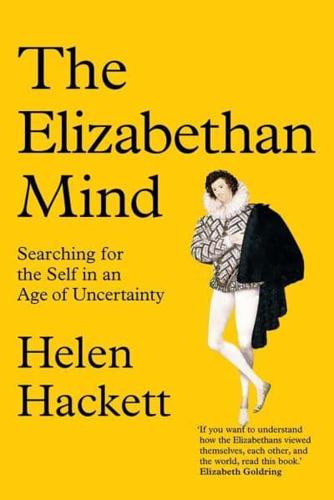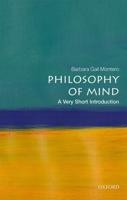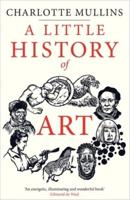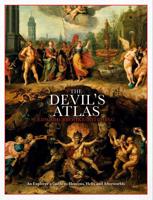Publisher's Synopsis
The first comprehensive guide to Elizabethan ideas about the mind
What is the mind? How does it relate to the body and soul? These questions were as perplexing for the Elizabethans as they are for us today-although their answers were often startlingly different. Shakespeare and his contemporaries believed the mind was governed by the humours and passions, and was susceptible to the Devil's interference.
In this insightful and wide-ranging account, Helen Hackett explores the intricacies of Elizabethan ideas about the mind. This was a period of turbulence and transition, as persistent medieval theories competed with revived classical ideas and emerging scientific developments. Drawing on a wealth of sources, Hackett sheds new light on works by Shakespeare, Marlowe, Sidney, and Spenser, demonstrating how ideas about the mind shaped new literary and theatrical forms. Looking at their conflicted attitudes to imagination, dreams, and melancholy, Hackett examines how Elizabethans perceived the mind, soul, and self, and how their ideas compare with our own.








